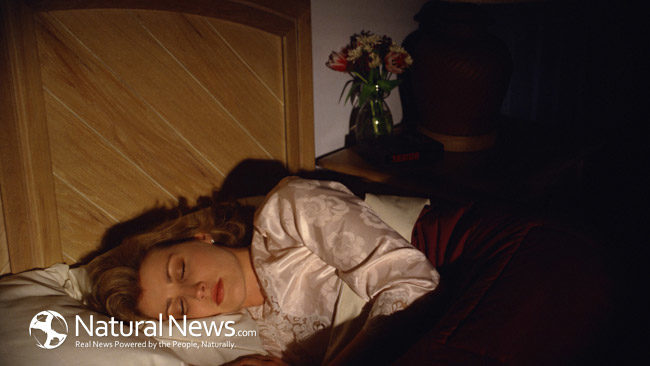Better sleep has been shown to lead to weight loss. Sleep difficulties plague Americans. Research shows we are sleeping less than we did decades ago. Over 75% claim they have trouble sleeping and one in five Americans is taking prescription sleeping pills. At the same time, over 60% of Americans are now considered overweight. Recent studies have now shown a link between sleep, hormones and weight loss. Hormones such as ghrelin and leptin tell your brain when you’re full or when you are hungry. With sleep loss, the hormones that tell you to eat, ghrelin, increases. Human growth hormone, (GH) as well as cortisol, both influence appetite control. And both are modulated by the sleep cycle.
Loss of sleep can cause obesity in teens and can lead to fibromyalgia. It’s been shown that teens who are deprived of sleep, become overweight. The most important part of the sleep cycle, the rapid eye movement sleep or REM, is associated with dreaming, and losing this part of your sleep cycle appears to be the part of the sleep cycle that is damaging to not only dreaming but to the metabolic system.
What can you do to help improve your natural ability to sleep?
SLEEP HYGENE
Good sleep hygiene involves setting up a daily routine so that you go to bed at the same time each night. A dark and quiet sleeping area leads to improved sleep as well.
CREATE A SLEEP SANTUARY
To get the sleep necessary to relieve sleep disorders, the bedroom should be reserved only for sleeping. No television or computers or work related activities should be conducted in the bedroom, if at all possible.
REDUCE NIGHTTIME LIGHT
Artificial light is another causes of sleep disturbances. Light triggers the natural circadian rhythms that govern our sleep/wake cycle. Our natural body rhythms are accustomed to a dimming twilight, then a dark night. But since the invention of electricity, the brightness of our nights disturbs the melatonin levels and the circadian rhythms responsible for sleep.
CREATE TWILIGHT
You can recreate a twilight state for at least an hour before sleep by dimming all lights, turning off the television and letting your body wind down the way it would in a natural twilight. There is a new type of light bulb that produces less of the harmful blue light spectrum. These are purported to naturally maximize melatonin.
LIGHT BOXES
The use of light boxes during the morning hours can stimulate natural daylight and help reset a person’s melatonin levels.
RELAXATION
Meditate or prayer and other quieting activities before bed can relax the body into sleep.
NUTRITION
Nutritional supplements that may help increase sleep are calcium, (as in warm milk) theanine, l-glutamine, tryptophan, and GABA. L-Glutamine is an amino acid, and very plentiful in the body. It improves mood as well as helping to increase GABA level. GABA is a neurotransmitter known to help with general relaxation. Theanine is a natural ingredient found in tea.
Improving your sleep will improve your metabolism and stimulate weight loss. It will also increase daytime energy and mood. There is ongoing research on the links between weight loss and sleep. In the meantime, try some soothing herbs and create a bedroom sanctuary. Herbal remedies also help lead to better sleep, such as peppermint, passionflower, and valerian.
Pleasant dreams.
About the author:
Melanie Grimes, CCH, is a writer, health educator and homeopath. She is a member of the Association of Health Care Journalists. She has taught at Bastyr University and lectured internationally. Follow her blog at MelanieGrimes.com. To order professional quality vitamins, visit her online vitamin shop at https://www.healthwavehq.com/welcome/mgrimes.
Sources include:
http://www.cdc.gov/features/dssleep/
https://sleepfoundation.org/ask-the-expert/sleep-hygiene
http://melaniegrimes.com/twilight-improve-sleep/
http://www.hsph.harvard.edu/obesity-prevention-source/obesity-causes/sleep-and-obesity/
http://www.ncbi.nlm.nih.gov/pmc/articles/PMC3065172/





